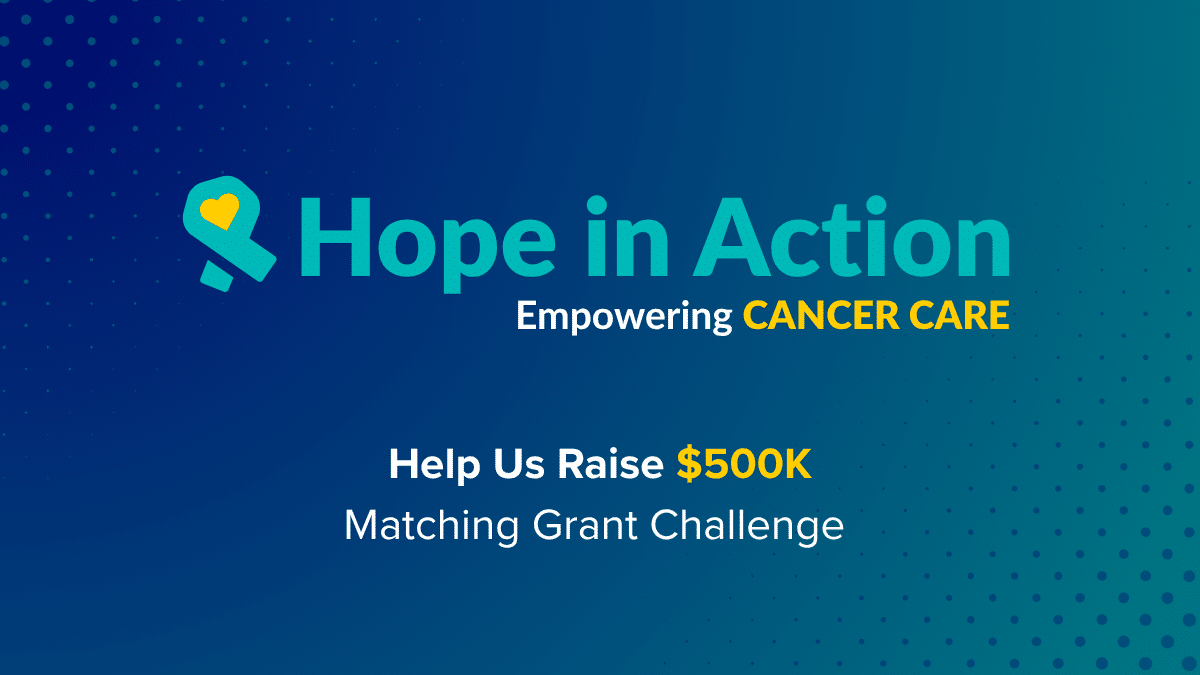Can fasting make chemo safer and cancer cells weaker? Learn what the latest science says—and how the right fasting strategy could support your recovery.

Intermittent fasting is quickly becoming one of the most talked-about strategies in metabolic and cancer care—and for good reason. Emerging studies suggest that even gentle overnight fasts may improve treatment tolerance, lower inflammation, and make cancer cells more vulnerable while protecting healthy ones. But like all powerful tools, fasting must be used wisely, especially during active treatment.
That’s why IMA Senior Fellow Dr. Kristina Carman created this in-depth guide, Intermittent Fasting and Cancer. Available as a free PDF download, it explores the science, cautions, and clinical applications of fasting in oncology, from circadian fasting to fasting-mimicking diets and beyond.
And below, you’ll find an original article by Dr. Carman that goes even deeper: unpacking why fasting is such an intriguing method, and how to safely explore it with your care team.
Fasting & Cancer: What the Latest Research Reveals
Intermittent fasting (IF) has become a buzzword in nutrition and wellness circles, often associated with weight management or longevity. But in recent years, researchers and integrative clinicians have begun asking a deeper question: can fasting play a role in cancer prevention, treatment, and survivorship?
The answer is both exciting and nuanced. Early studies suggest that certain fasting approaches may help reduce treatment side effects, protect healthy cells, and create a less favorable environment for cancer growth. At the same time, fasting in the context of cancer is not one-size-fits-all, and safety, personalization, and professional guidance are essential.
Our new Cancer & Intermittent Fasting Guide explores the science, strategies, and supportive practices behind fasting in oncology—offering a practical roadmap for both prevention and active treatment.

Why Fasting Matters in Cancer Care
Cancer thrives in an inflamed, metabolically dysregulated environment. Fasting influences key biological pathways linked to cancer risk and progression, including:
- Metabolic switching: lowering glucose, insulin, and IGF-1 while increasing ketones.
- Differential stress resistance: protecting normal cells from chemotherapy stress while making cancer cells more vulnerable.
- Autophagy and immune support: helping the body recycle damaged cells and potentially strengthen immune defenses.
Approaches to Fasting: From Gentle to Intensive
The guide breaks down fasting into a spectrum of options—from the most sustainable daily rhythms to highly structured therapeutic strategies:
- Gentle circadian fasting (12–14 hours): Finish dinner early, break the fast in the morning. A simple, everyday habit with observational evidence for better metabolic health and reduced recurrence risk in breast cancer.
- Time-restricted eating (14:10 or 16:8): Condensing food intake into an 8–10 hour window, paired with balanced, protein-forward meals.
- Short-term fasting (24–72 hours): Usually water or very low-calorie, done around chemotherapy under professional supervision. Early data suggest reduced toxicity but adherence is challenging.
- Fasting-mimicking diet (FMD): A plant-based, low-protein, low-calorie protocol cycled around treatment days. Clinical trials show promise for reducing chemo side effects and possibly improving response.

Safety & Personalization Come First
Fasting is not appropriate for everyone. Those with unintentional weight loss, malnutrition, advanced disease, or frailty should avoid restrictive approaches beyond gentle overnight fasting. Screening for cachexia risk and ensuring adequate protein and calorie intake are non-negotiable.
This is where collaboration matters most. Oncologists, naturopathic doctors, functional medicine practitioners, and integrative care teams can work together to create terrain-informed fasting strategies that honor both safety and efficacy.
The Bottom Line
Fasting is not a cure, but it may be a powerful adjunct—helping patients feel better during treatment, supporting the body’s terrain, and offering new tools for survivorship.
The science is still emerging, but one thing is clear: when applied thoughtfully and individually, fasting can be part of a holistic approach to cancer prevention and care.
For more posts on healing from cancer and for more tips on fasting, have a look below:





